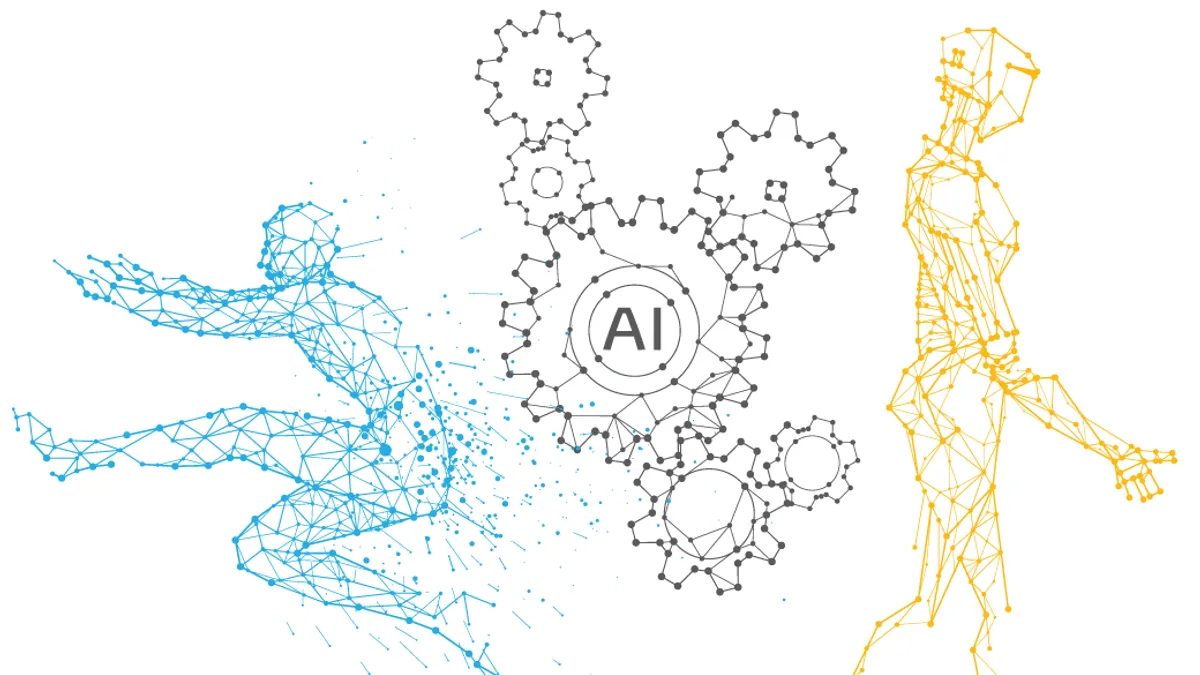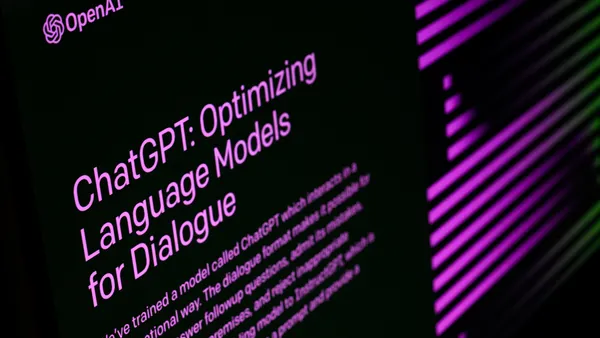Artificial intelligence (AI) is creeping into all areas of the workplace and is beginning to touch all aspects of how people interact, work, and live.
For the talent development (TD) profession, this means virtual coaches and AI-supported development planning are becoming more widely available. Intelligent systems soon will know employees’ learning preferences, career goals and even anticipate their development needs. AI also will support needs analysis and measurement of ROI as well as help identify leadership potential.
However, organizations are confronted with questions about ethics as AI use grows. The TD function must embrace AI as well as actively engage in the dialog. And, if TD is to manage this transformation well, AI implementation should be based on a deep concern for its human impact.
Principles of Ethical AI
Governments and thought leaders recognize the importance of establishing broad sets of best practices or principles on ethical AI use. Many institutions have developed their own global guidelines for the ethical development and use of AI, including the International Organization for Economic Cooperation and Development, the World Economic Forum, the Carnegie Endowment, and the Future of Life Institute.
After a thorough review of such research and emerging themes, the CTDO Next senior leadership group—an ATD exclusive membership group made up of top talent development professionals who are shaping the future of the profession—chose seven principles TD professionals must use to guide the ethical use of AI in organizations.
Fairness. AI systems must treat all employees fairly and never affect similarly situated employees or employee groups in different ways. Training data must represent the part of the world where the AI system will operate, but it should not represent existing or historical biases. Training on the implications of AI must extend beyond those developing or selecting systems. TD experts should be directly involved in the design and selection process and in all deployment decisions.
Inclusiveness. AI systems should empower everyone and engage people. Talent development needs to adhere to all regulations, especially those created by the Americans With Disabilities Act, the Communications and Video Accessibility Act, Title VII, and the Age Discrimination Act in the United States as well as the EU Telecom Regulations law and the EU Employment Discrimination law. But that isn’t enough. AI technologies must be equally accessible to all employees regardless of disabilities, race, gender, orientation, or cultural differences.
Transparency. People should know where and when AI systems are being used and understand what they do and how they do it. When AI systems are used to help make decisions that affect people’s careers and lives, those affected should understand how those choices are rendered and influenced by AI. Training should be available on how to spot suspected altered data.
Accountability. Those who design and deploy AI systems must be accountable for how those systems operate. Clear owners should be identified for all AI instantiations, the processes they support, the results they produce, and the impact on employees. Every part of the organization should be trained on how AI is being used. Employees should be able to review, update, or edit all data held on them, and know how to opt-in or opt out where appropriate. Systems for appeal, review, recourse and restitution should be clear.
Privacy. AI systems should respect privacy. Talent development cannot expect employees to share data about themselves unless certain employee privacy is protected. TD leaders must be proactive in determining what data is being collected about employees, how it will be stored, who will have access, and how it will be protected.
Security. AI systems should be secure. The TD function must still strike a balance between the information it would like to have and its ability to protect that data. The TD function will have access to significant amounts of data, so it must have a data security strategy detailing how talent data will be maintained, contingencies for a failure or breach, and plans for testing processes.
Reliability. AI systems should perform reliably and safely. Fairness, inclusiveness, and transparency must be sustained. The main concern for the TD function must be with the impact on organizational culture, openness, and trust. Creating an environment where employees work comfortably with AI will depend on how much those systems can be trusted to operate reliably.
The talent function is positioned to optimize the impact of AI on the organizations it serves. TD can lead the organization in making certain that the use of this technology meets the highest ethical standards.
Learn more about learning technology trends at td.org or join us at ATD TechKnowledge in New Orleans February 7-9, 2023. The CTDO Next network is an exclusive membership for executive-level learning leaders helping shape what's next in the talent development field with a focus on future of work technologies and transformations.









